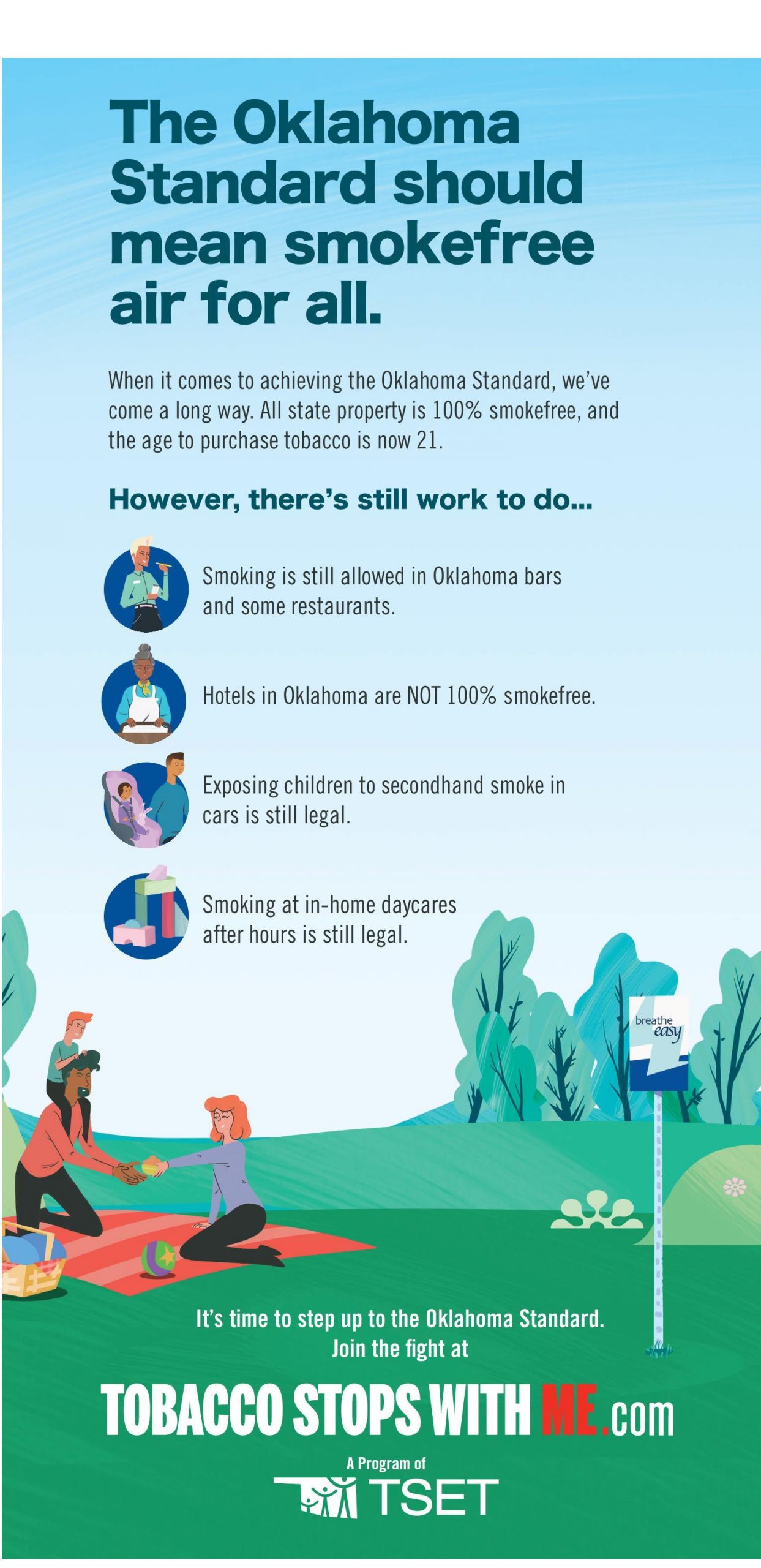Lawton, OK – As the clock strikes midnight on New Year’s Day, Oklahomans will see several new laws come into effect across the state, touching on a variety of important issues including voting rights, healthcare protections, and enhanced benefits for first responders. These changes will impact residents from all walks of life, providing new protections, opportunities, and resources.
House Bill 1629: Expanded Voting Rights for Felony Offenders
One of the most significant changes will be the implementation of House Bill 1629, which expands voting rights for individuals convicted of felonies under certain conditions. The bill allows those who have received a commutation reducing their sentence to time served, or who have had their felony reclassified as a misdemeanor, to register to vote once they have no remaining sentence. Additionally, those who have received a pardon can regain their right to vote if they have no other outstanding felony convictions.
Mark Faulk, from the People’s Council for Justice Reform, expressed his support for the bill, calling it a “step forward” in criminal justice reform. He also emphasized that further changes are needed, including addressing high incarceration rates and investing in mental health resources.
House Bill 2872: Rules for Out-of-Network Ambulance Services
Another new law, House Bill 2872, establishes the Out-of-Network Ambulance Service Provider Act. This law sets out specific rules and procedures for paying for ambulance services when the provider is outside the patient’s insurance network, providing clarity and guidelines for both patients and service providers.
House Bill 3190: Ensuring Transparency in Prior Authorization
House Bill 3190, the Ensuring Transparency in Prior Authorization Act, seeks to increase transparency in the healthcare system. The new law mandates that insurance companies post their requirements for prior authorization of medical treatments online and use licensed medical professionals, rather than non-medical staff, to make decisions regarding care denials. This is aimed at improving patient access to necessary treatments by providing more clarity around insurance processes.
Senate Bill 1334: Corinne’s Law
Senate Bill 1334, also known as Corinne’s Law, is designed to help cancer patients preserve their fertility before undergoing treatment that may result in infertility. The law requires healthcare providers to offer fertility preservation options to patients facing cancer treatment, giving them the chance to make informed decisions about their reproductive health. Senator Ally Seifried, who sponsored the bill, highlighted the time-sensitive nature of these decisions and the importance of supporting patients in such critical moments.
Senate Bill 1401: Tax Code Adjustments
Senate Bill 1401 amends Oklahoma’s tax code, particularly in relation to income tax credits. Although the specifics of the changes are technical, this bill aims to streamline and update certain provisions to improve efficiency and clarity in the state’s tax system.
Senate Bill 1429: Oklahoma Ports Infrastructure Revolving Fund
Senate Bill 1429 changes the focus of the Oklahoma Department of Treasury’s revolving fund for the McClellan-Kerr Arkansas River Navigation System (MKARNS), renaming it the Oklahoma Ports Infrastructure Revolving Fund (OPIRF). This shift allows the Department of Transportation to allocate funds to both MKARNS and state waterway ports, providing flexibility to enhance the state’s water infrastructure.
Senate Bill 1457: Workers’ Compensation for Mental Injuries
Finally, Senate Bill 1457 brings a crucial change for first responders. Law enforcement officers, firefighters, and EMTs will no longer need to demonstrate a physical injury to qualify for workers’ compensation related to mental injuries or illnesses. The bill recognizes the significant psychological toll of frontline work, offering much-needed support for those facing mental health challenges as a result of their duties.
Mark Nelson, president of the OKC Fraternal Order of Police, welcomed the bill, noting the profound impact that daily trauma can have on first responders and the need for recognition and care in such circumstances.




